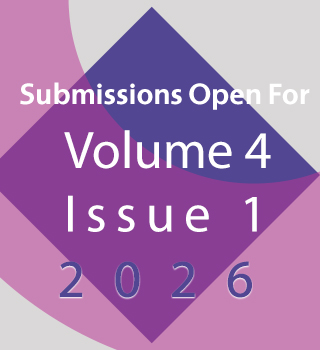The Collapse of Women’s Protection Centres/Shelters and Its Psychological Impact on Gender-Based Violence Survivors in Afghanistan
DOI:
https://doi.org/10.33422/jarws.v3i1.943Keywords:
Gender-based Violence, Women's Protection Centres, Taliban, Patriarchy, Trauma-Informed CareAbstract
This study critically examines the psychological impact of the closures of Women’s Protection Centres (WPCs) in Afghanistan following the 2021 Taliban takeover. These shelters had long served as critical safe spaces for survivors of gender-based violence (GBV), providing emotional support, legal aid, and a path to recovery. However, the dismantling of WPCs under the Taliban regime has intensified survivors’ psychological distress, leaving many without access to essential services or protection. Using a feminist theoretical framework and intersectionality as a lens, this study investigates how survivors’ mental health has been affected by the loss of these vital resources. Semi-structured interviews were conducted with 30 participants, including former WPC survivors, shelter staff, and donors, to explore the emotional toll of the closures. Thematic analysis of the data reveals widespread trauma, including anxiety, depression, post-traumatic stress disorder (PTSD), and a profound sense of hopelessness among survivors. The findings also highlight the intersection of systemic neglect, patriarchal structures, and societal stigma in exacerbating survivors’ mental health challenges.This study emphasizes the urgent need for trauma-informed, survivor-centred care and the rebuilding of safe spaces to address the enduring mental health crisis among Afghan women. By amplifying the voices of survivors, this research calls for international and local stakeholders to take coordinated action to restore essential psychosocial services and uphold the rights of women in Afghanistan.
Downloads
Published
Issue
Section
License
Copyright (c) 2025 Mitra Tanomand

This work is licensed under a Creative Commons Attribution 4.0 International License.











